
Revolutionizing Rapid On-Site Evaluation (ROSE)
In this interview, we explore rapid on-site evaluation and the

In this interview, we explore rapid on-site evaluation and the
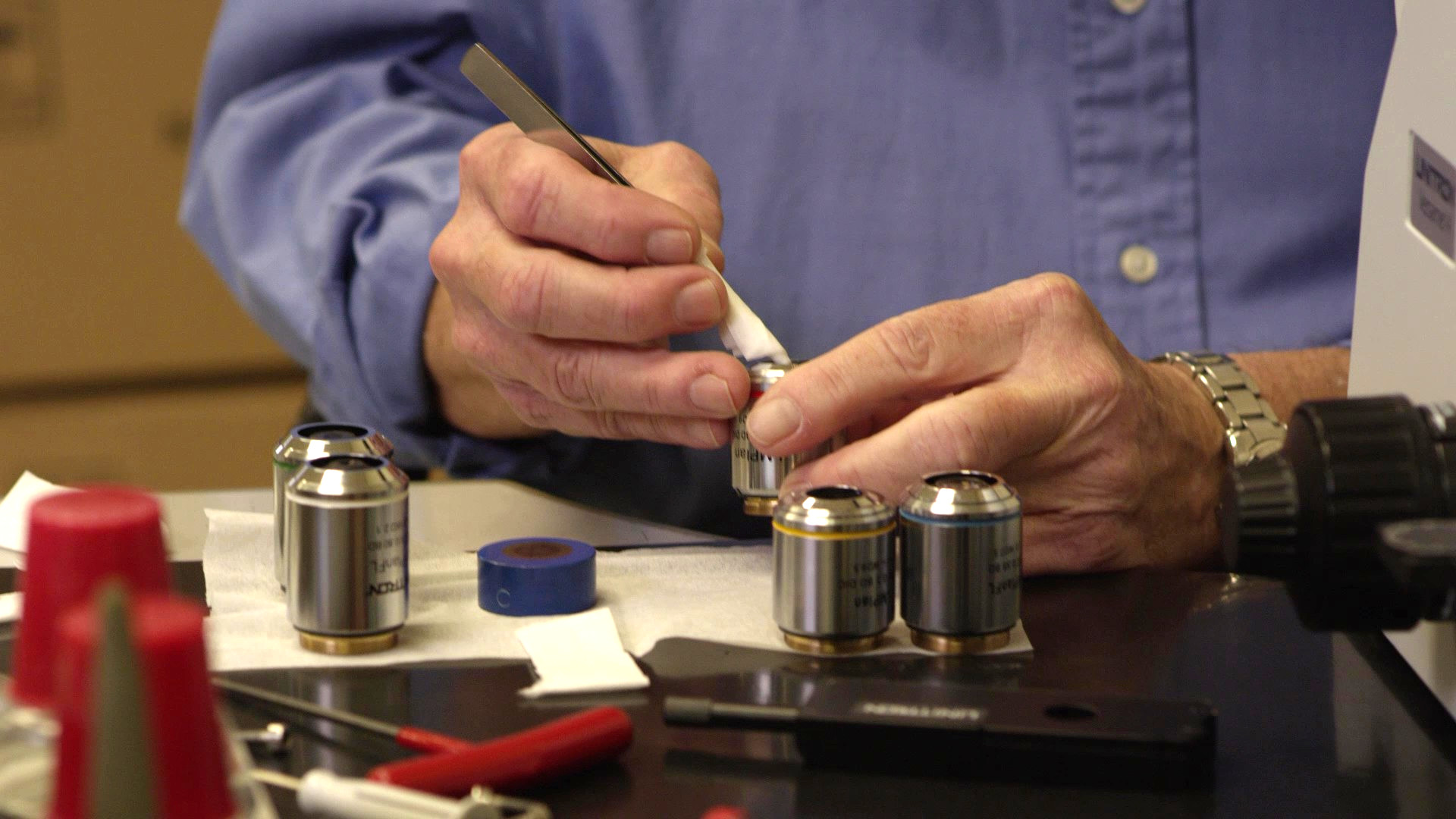
Microscopes are invaluable tools in scientific research, medical diagnostics, and
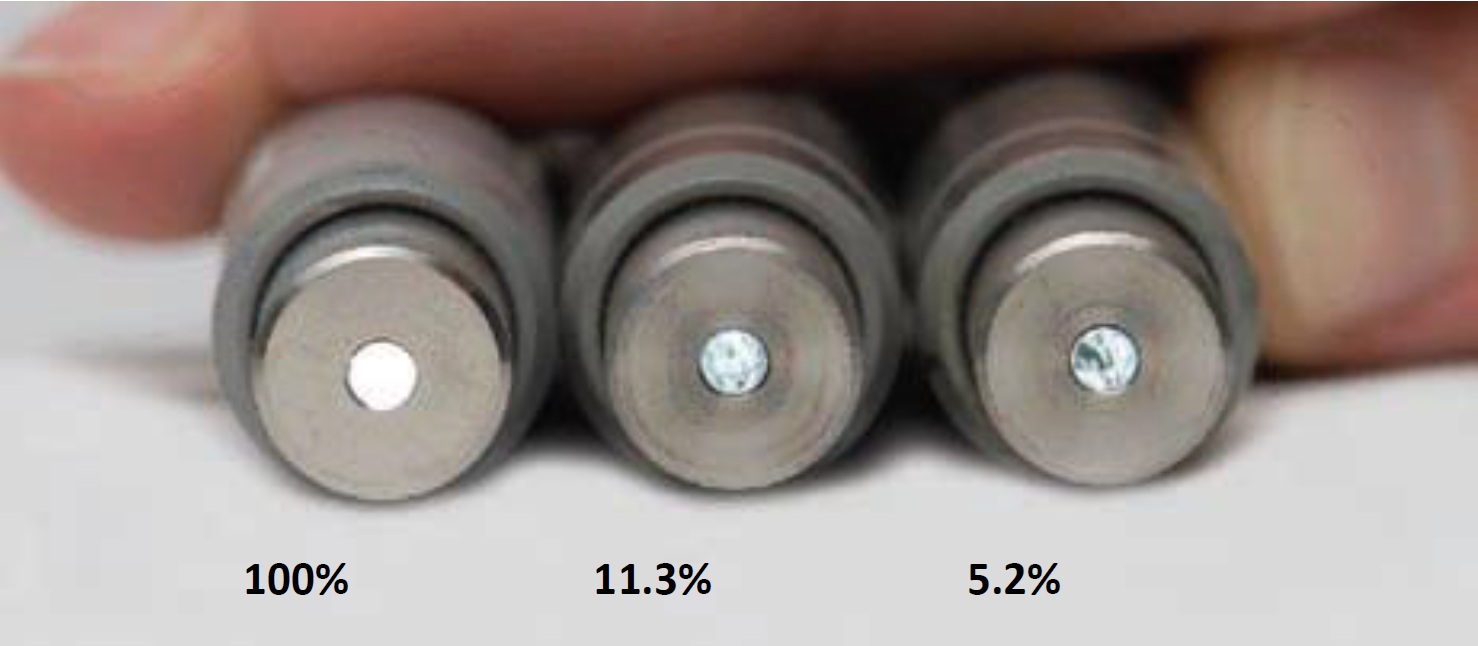
In fluorescence microscopy and after sample preparation, illumination is everything.

Is there a financial argument in favor of implementing telepathology?
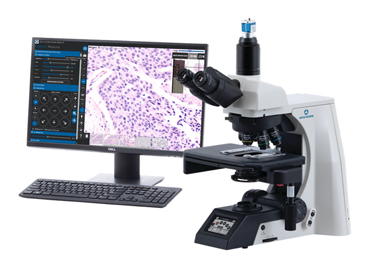
Implementing digital pathology mustn’t require massive investment in whole slide

Essential to the effective review of patient slides is the
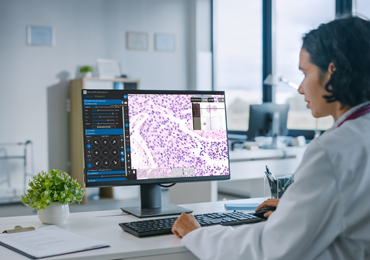
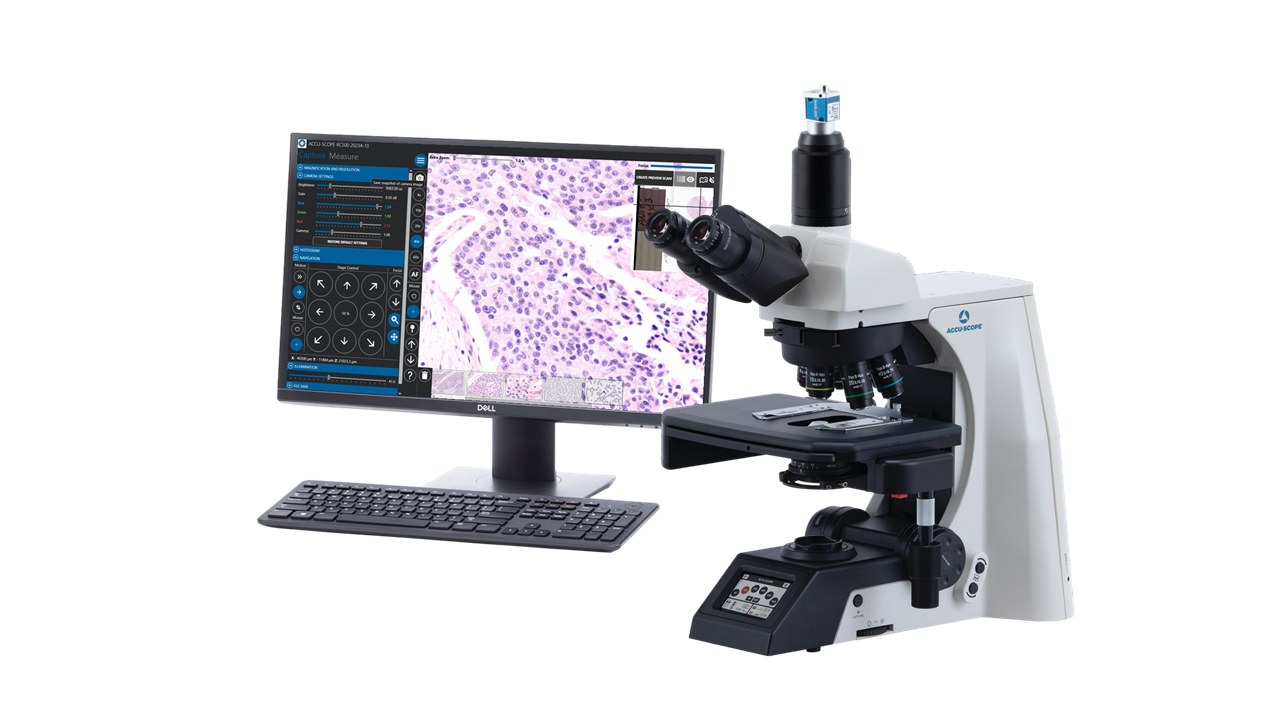
Since the 1980s, telepathology has been providing an efficient and

From recent surveys, studies and medical school records, the pathology